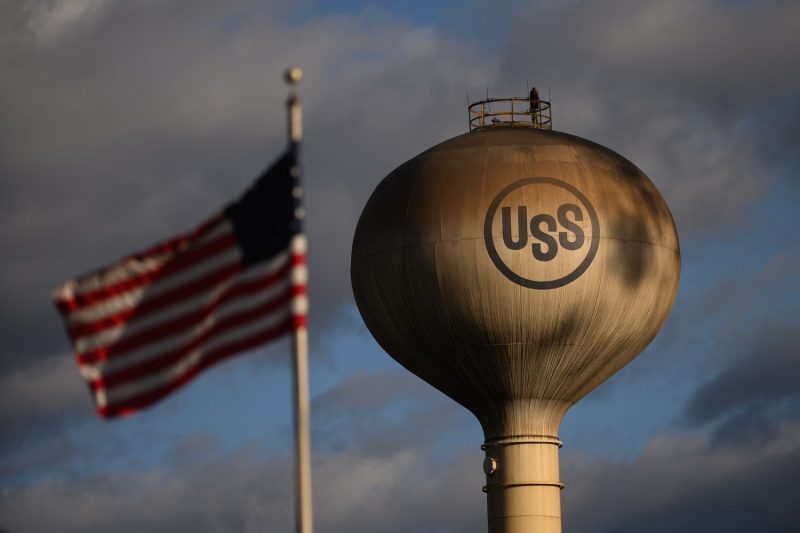
Biden Takes Bold Stand to Protect American Steel Industry from Foreign Acquisition
In a recent move that has sparked a wave of discussions and speculations within the business and political sectors, President Joe Biden is reportedly gearing up to block the sale of US Steel Corporation to a Japanese company. This decision comes amidst an increasingly complex economic landscape and growing concerns about national security.
The potential acquisition of one of America’s most iconic steel companies by a foreign entity has raised eyebrows and prompted scrutiny from various stakeholders. The steel industry holds a strategic position in the country’s economic infrastructure, playing a crucial role in national defense and construction sectors. Therefore, the sale of such a significant asset to a foreign company has naturally drawn attention and triggered national interest.
This proposed deal has not only stirred up domestic controversy but also underscored broader issues surrounding industrial policy and international trade. The debate surrounding the proposed sale of US Steel Corporation highlights the delicate balance between promoting global economic integration and safeguarding national interests.
President Biden’s administration’s decision to potentially block this acquisition signifies a shift towards a more protectionist stance in trade policy. With growing concerns about the supply chain vulnerabilities exposed by the COVID-19 pandemic and geopolitical tensions with countries like China, the administration is keen to ensure that critical industries remain under American control.
The move to block the US Steel Corporation sale also reflects a broader push towards bolstering domestic manufacturing and protecting American jobs. By maintaining ownership of key industries such as steel production, the government aims to safeguard employment opportunities and preserve the country’s industrial base.
However, such protectionist measures are not without their critics. Advocates of free trade argue that blocking foreign acquisitions could hamper economic growth and innovation by limiting competition and restricting access to foreign markets. Furthermore, unilateral actions to block specific deals could strain diplomatic relations and trigger retaliatory measures from other countries.
As the Biden administration navigates the complexities of international trade and economic policy, the decision regarding the sale of US Steel Corporation will serve as a litmus test for the administration’s broader approach to trade and industrial strategy. Balancing the need to protect national security interests with the desire to promote economic growth and innovation will be a delicate task that requires careful consideration and strategic planning.
In conclusion, the potential blockage of the sale of US Steel Corporation to a Japanese company by President Joe Biden underscores the intricate interplay between national security, economic policy, and international trade. As the administration weighs its options and considers the broader implications of its decision, the outcome of this particular case will undoubtedly have far-reaching consequences for the future direction of US trade policy.
